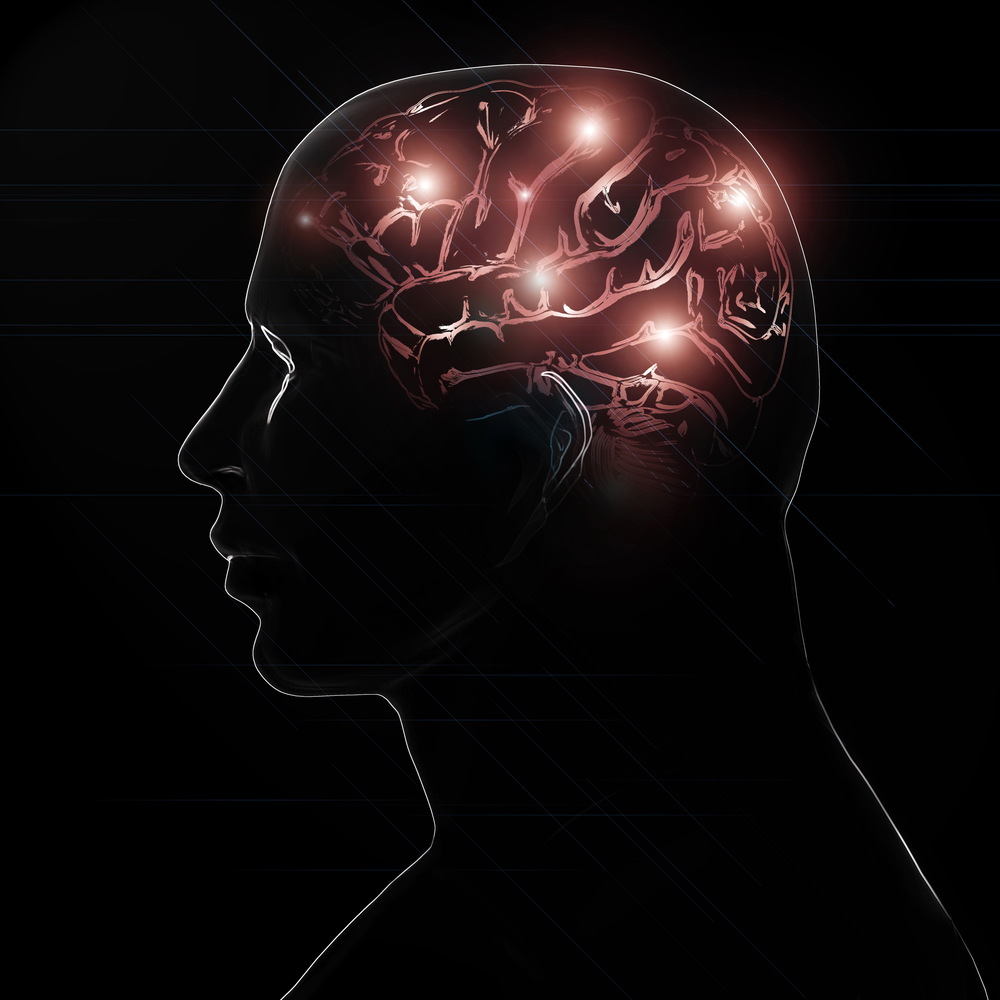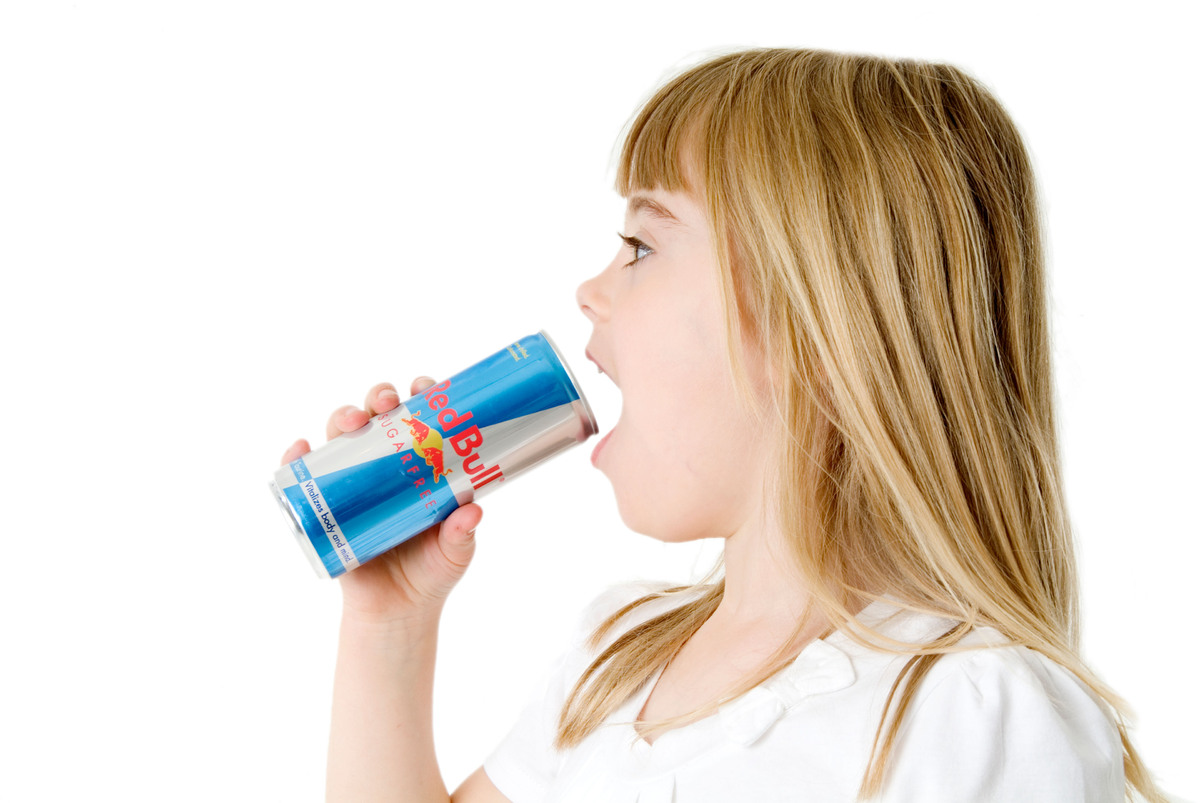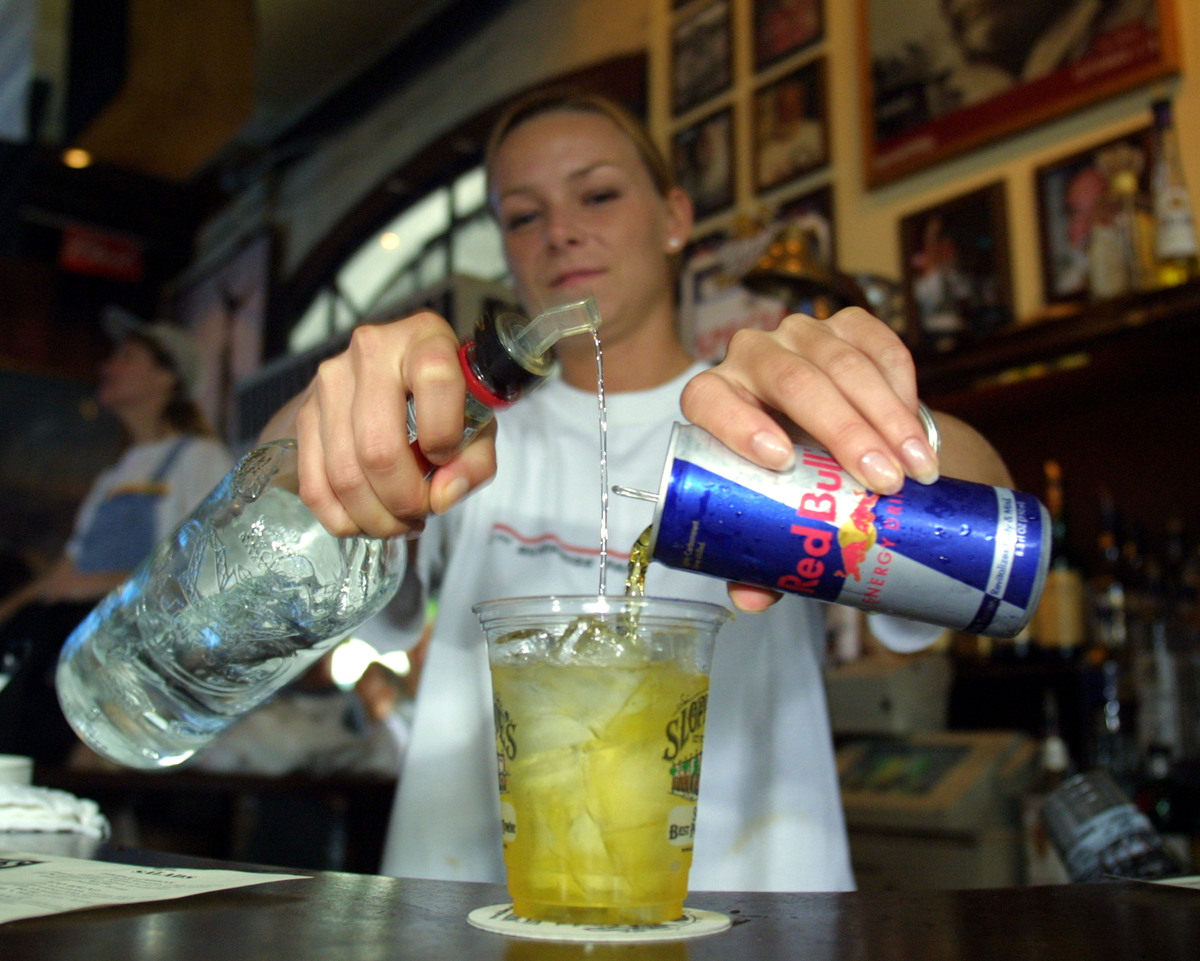5-Hour Energy, a high-selling energy drink from the company Living Essentials, is accused of false advertising under the review by the National Advertising Division. The review shows that the product resulted in a “moderately severe crash” in nearly 25 percent of users in a clinical trial run by the company.
Elaine Lutz, a spokeswoman for Living Essentials, said that a clarification “no crash means no sugar crash”had been added to address the concerns of the National Advertising Division.
While this is an incident of false advertising over the issue of “Crash” as a negative effect from energy drinks, there are many potential health concerns related to energy drinks such as 5-Hour Energy, Monster Energy, Red Bull and Rockstar as most of them are marketed to children and teens.
Here are a few possible health risks:
Caffeine Overload 
Many energy drinks contain three times the amount of caffeine found in a regular cup of coffee, too much caffeine can cause agitation and sleep problems and potentially lead to the development of long-term anxiety issues.
Beware of Energy Drinks for Kids

Although many energy drinks are marketed towards children and teens with endorsements from cartoon characters and famous athletes, these young people need to be particularly careful with those drinks as their central nervous systems are not fully developed.
Do Not Mix: Energy Drinks And Alcohol

Some states, including New York, have banned drinks that combine alcohol and caffeine, but many people continue to mix them through Red Bull-vodka cocktails, among others. The reason behind the prohibition is because the presence of caffeine increases the absorption of alcohol, which can increase intoxication.
As more and more companies getting into the growing market of energy drinks, consumers must be aware of false claims and potential hazards from it. For 5-Hour Energy’s part, the U.S. Food and Drug Administration said last fall that it had received reports of 13 deaths over the past four years in which the energy shot may have played a part.
